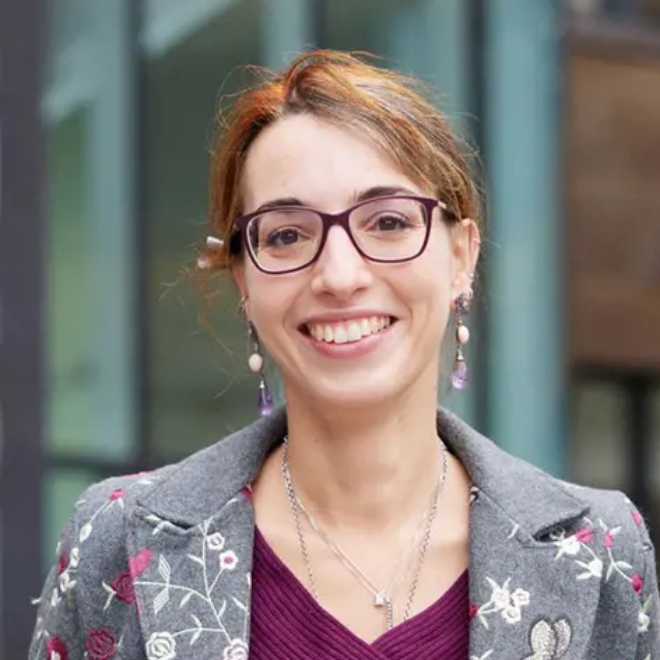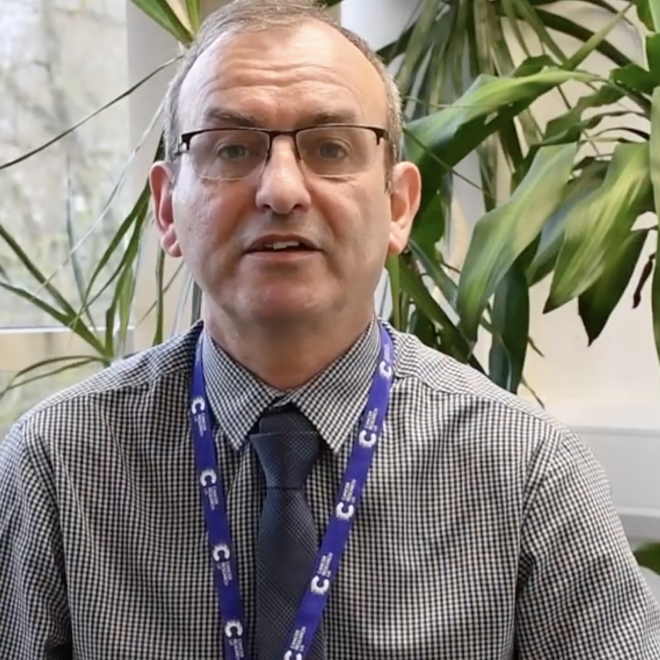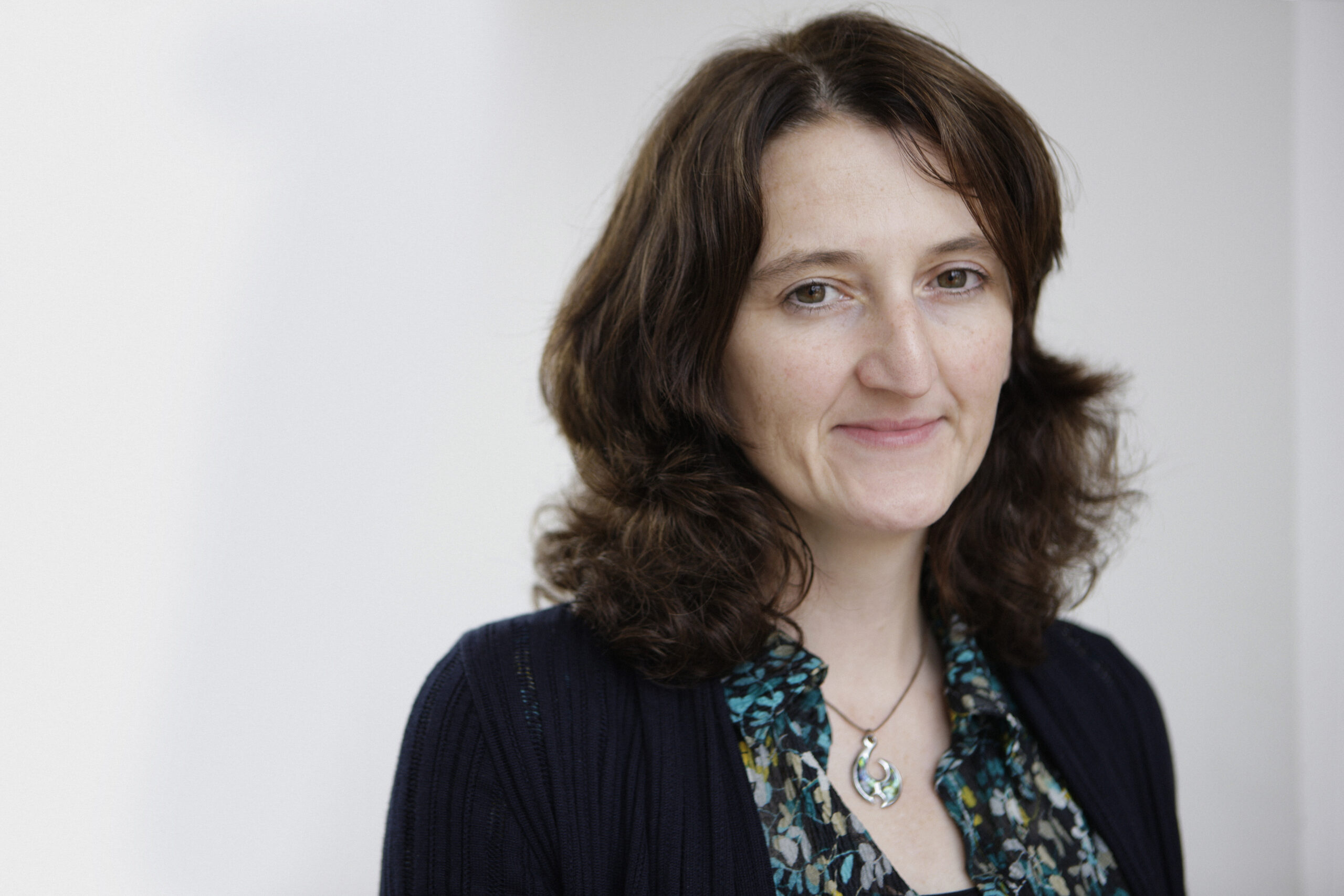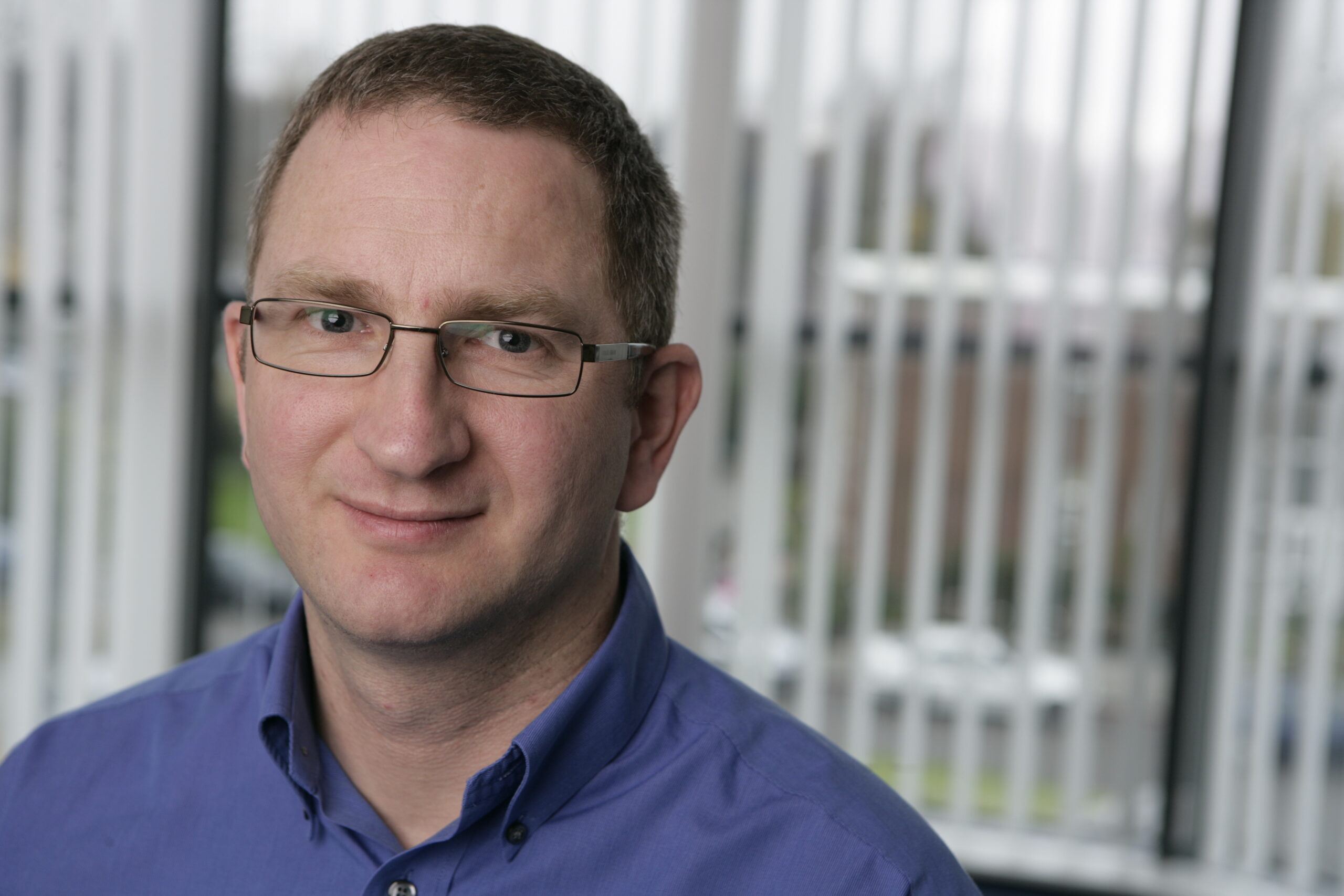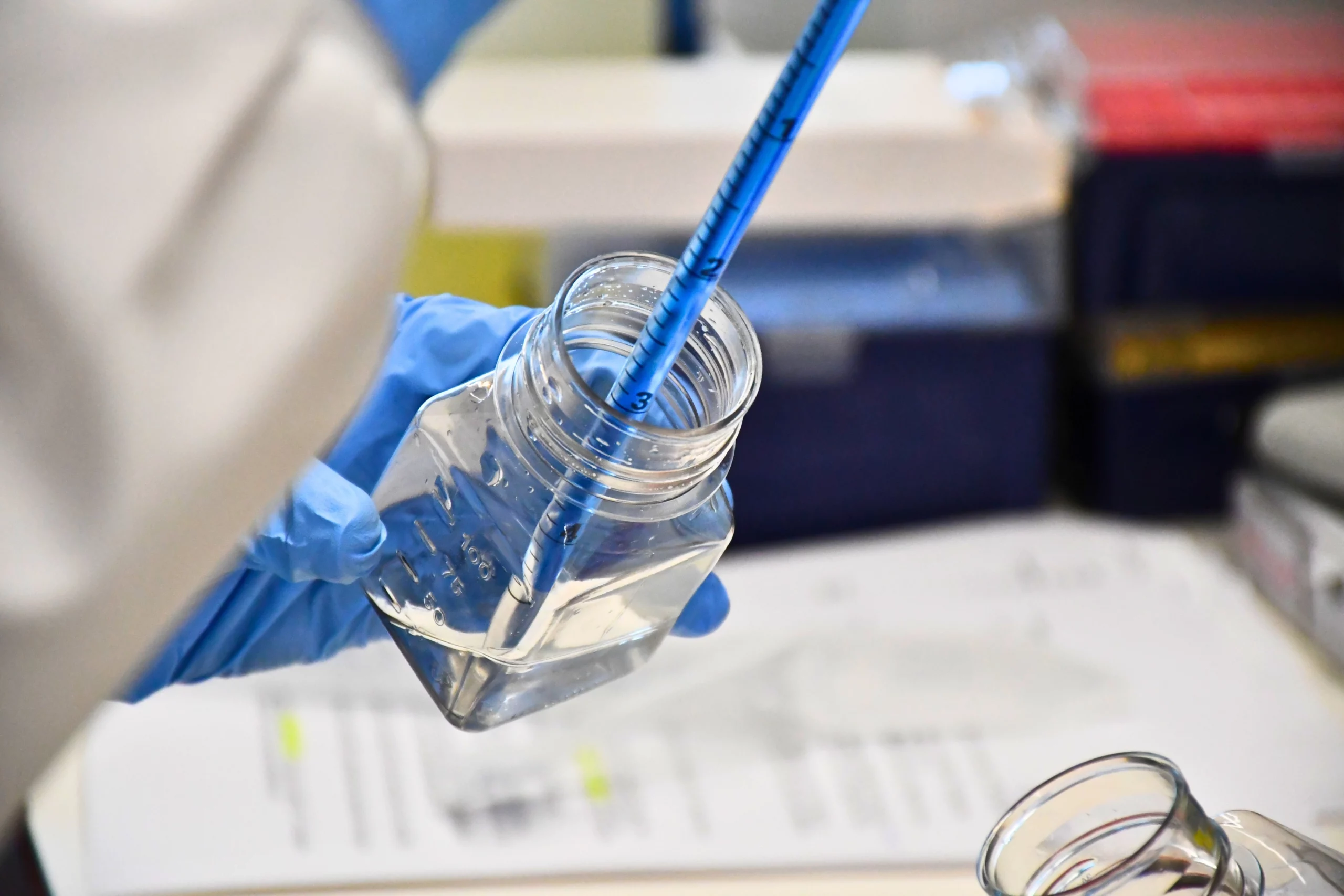Develop your career at the CRUK Manchester Institute
Explore opportunities to join us through a wide range of different roles, studentships and other opportunities
Develop your career at the CRUK Manchester Institute
Explore opportunities to join us through a wide range of different roles, studentships and other opportunities
Apply to join us
Welcome to our Opportunities pages: find information about the roles on offer at our world-renowned cancer research institute.
Careers – Current job vacancies across the Institute
A culture of research and collaboration
The CRUK Manchester Institute provides state-of-the-art facilities where researchers can further develop both their science and their careers in a highly collaborative and supportive environment. Support is offered from our Operations teams, core facilities and through specialist services including Grant Application support.

PhD Student Opportunities
A PhD should be an exciting and stimulating time. We are looking for talented and motivated graduates with backgrounds in biological sciences, mathematics, computer science and/or chemistry interested in pursuing scientific research careers. As well as benefitting from dynamic and interactive research environment, graduate students will also have access to outstanding facilities within the Institute.
Our fully funded PhD studentships are of four years’ duration with full sponsorship covering tuition, bench, and stipend fees for the duration of the study period. Studentships are typically advertised on our webpages annually in October with interviews being held in January/February of the intake year. Students will register and graduate from The University of Manchester. Registration takes place in September annually with official commencement on 1 October. Alternative University registration entry points are available annually in January and April.
Additional PhD studentships and vacancies may be advertised throughout the year.

Benefits
Find out how contributions to the Institute are recognised with a generous benefits package
Wellbeing
Our mission is to promote and enhance wellbeing through the development of a proactive and enabling culture.
Equality, Diversity and Inclusion
Read about our commitment to creating an environment where diversity is celebrated and everyone is treated fairly
Research
Our research spans the whole spectrum of cancer research. incorporating excellent multi-disciplinary and translational research
Support across the research lifecycle
At the Cancer Research UK Manchester Institute, our goal is to provide all the necessary services and structures to support high-quality research. Alongside our exceptional Core Facilities, researchers are supported by dedicated teams and individuals covering areas including Human Resources, Health and Safety, Wellbeing, Data Protection, Grant Writing, Research Integrity and more.
Click below for more information on each team and how they support research teams across the Institute.
Finance
Our Finance team offer support with billing, payments, purchasing and more
Grant Support
Find out more about the role of our Grants Advisor & Scientific Operations Officer Gillian Campbell
Human Resources
HR manage advertising and recruitment, interviewing and contracts, as well as offering Wellbeing Support and managing our EDI plans
Operational Support
Including Data Protection, Research Integrity Training, Pre-Submission manuscript reviews, Administrative support and more
Our Research
Our research spans the whole spectrum of cancer research from cell biology through to translational and clinical studies
Research Groups
Our research groups study many fundamental questions of cancer biology and treatment
Our Facilities
The Institute has outstanding core facilities that offer cutting edge instruments and tailored services from expert staff
Latest News & Updates
Find out all our latest news






